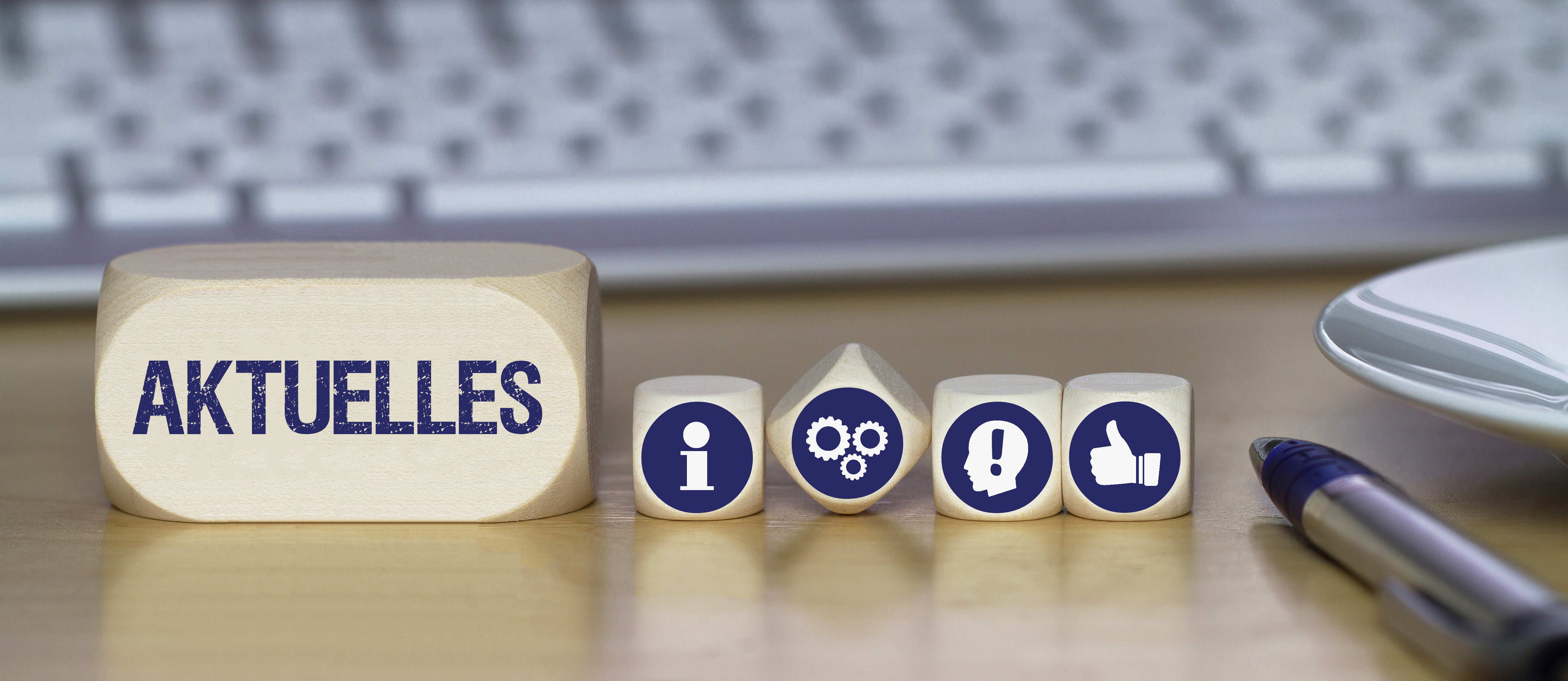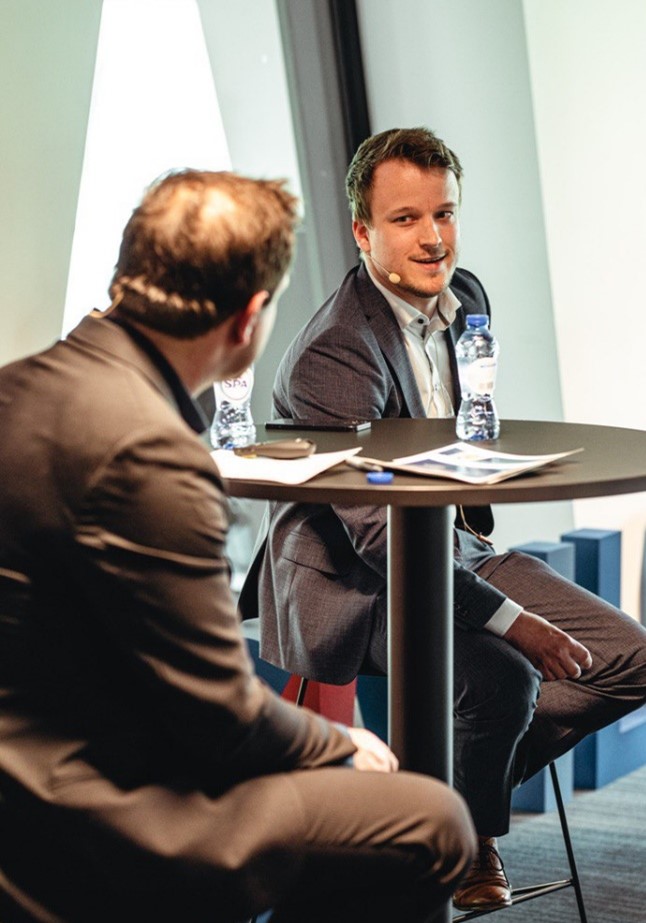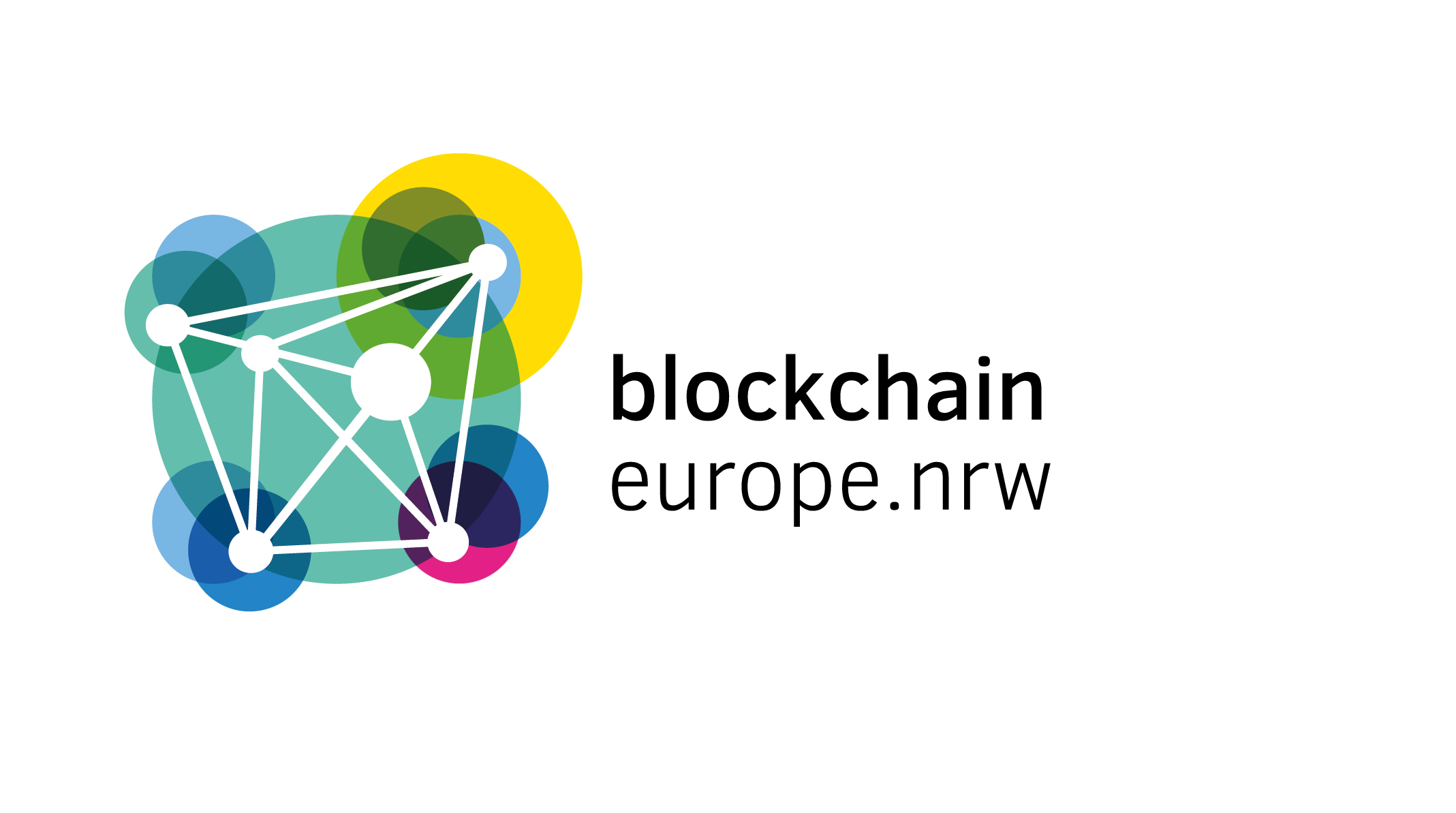Research project: Blockchain Europe
Blockchain Europe is a research project for the establishment of a European Blockchain Institute in North Rhine-Westphalia (NRW) with which blockchain technology is to be decisively advanced in the future together with interested industrial companies and other research institutions.
With the support of the Ministry of Economic Affairs, Innovation, Digitalisation and Energy of the State of North Rhine-Westphalia, a unique European institute will be created that will support and accelerate digitalisation in science and practice.
Further information on the Blockchain Europe research project can be found at:
https://blockchain-europe.nrw/
Topic: Hazardous goods
As part of the Blockchain Europe research project, an application project in which the Fraunhofer IML Project Center »Traffic, Mobility and Environment« is also intensively involved with the topic of hazardous goods.
In principle, the transport, storage and handling of dangerous goods is subject to strict legal regulations and a high level of documentation. A large number of control bodies and other authorities and organisations with safety tasks as well as actors in the supply chain, e.g. from the consignor to the carrier to the consignee, can be involved. The handling of dangerous goods is thus a rather complex undertaking in a large number of areas. One solution here could be, for example, an electronic, flexible transport document and, in the medium term, the end-to-end digital handling of dangerous goods using blockchain technology.
Here, for example, blockchain technology could enable the trustworthy, transparent exchange of sensitive data and thus efficient dangerous goods management in compliance with legal and regulatory provisions. Blockchain technology could also make it much easier to carry out checks on dangerous goods transports, because all actors involved in the dangerous goods process, from the carrier to the recipient, can have access rights to the same information - transparently and securely for everyone involved.
Further information on the topic of dangerous goods and blockchain can also be found at:
https://blockchain-europe.nrw/gefahrgut/
Development project: dangerous
The Blockchain Europe development project dangerous, which is being co-developed by the Fraunhofer IML Project Center »Traffic, Mobility and Environment«, deals with the automation and digitalisation of dangerous goods handling using blockchain technology.
The main goals of the dangerous project are, for example, to minimise the time-consuming preparations for the transport of dangerous goods and to increase flexibility while complying with the applicable legal regulations. The development project also focuses on ensuring traceability and persistent documentation of the process progress. A blockchain-based approach enables consistent processing of partially sensitive data, such as the type and quantity of hazardous goods or the respective time stamp of the goods movement, as well as tamper-proof storage of all necessary information. Through the targeted use of smart contracts, the operational dangerous goods handling process can also be automated and autonomised in the future.
In the development project dangerous, this is currently being realised by means of a »Blockchain User Portal«, which is being implemented as a progressive web application. For this purpose, independent open source basic components are being developed in the Blockchain Europe research project, e.g. in order to map documents on the blockchain in a revision- and tamper-proof manner. Through the use of smart contracts, these basic components also offer the possibility of further process optimisations and automations, such as automatic notification in the course of status changes.
Further information on the development project dangerous and details on the »Blockchain User Portal« are available at https://blockchain-europe.nrw/gefahrgut/entwicklungsprojekt-dangerous/
Social media channels
Current information and further news about the research project Blockchain Europe and the development project dangerous can also be found via the following social media channels:
- Twitter: https://twitter.com/blockchain1_eu
- LinkedIn: https://www.linkedin.com/showcase/blockchain-europe/
- YouTube: https://www.youtube.com/channel/UC7Ly46DS_S2OIlzrx-8oQfg
 Fraunhofer Institute for Material Flow and Logistics IML
Fraunhofer Institute for Material Flow and Logistics IML

